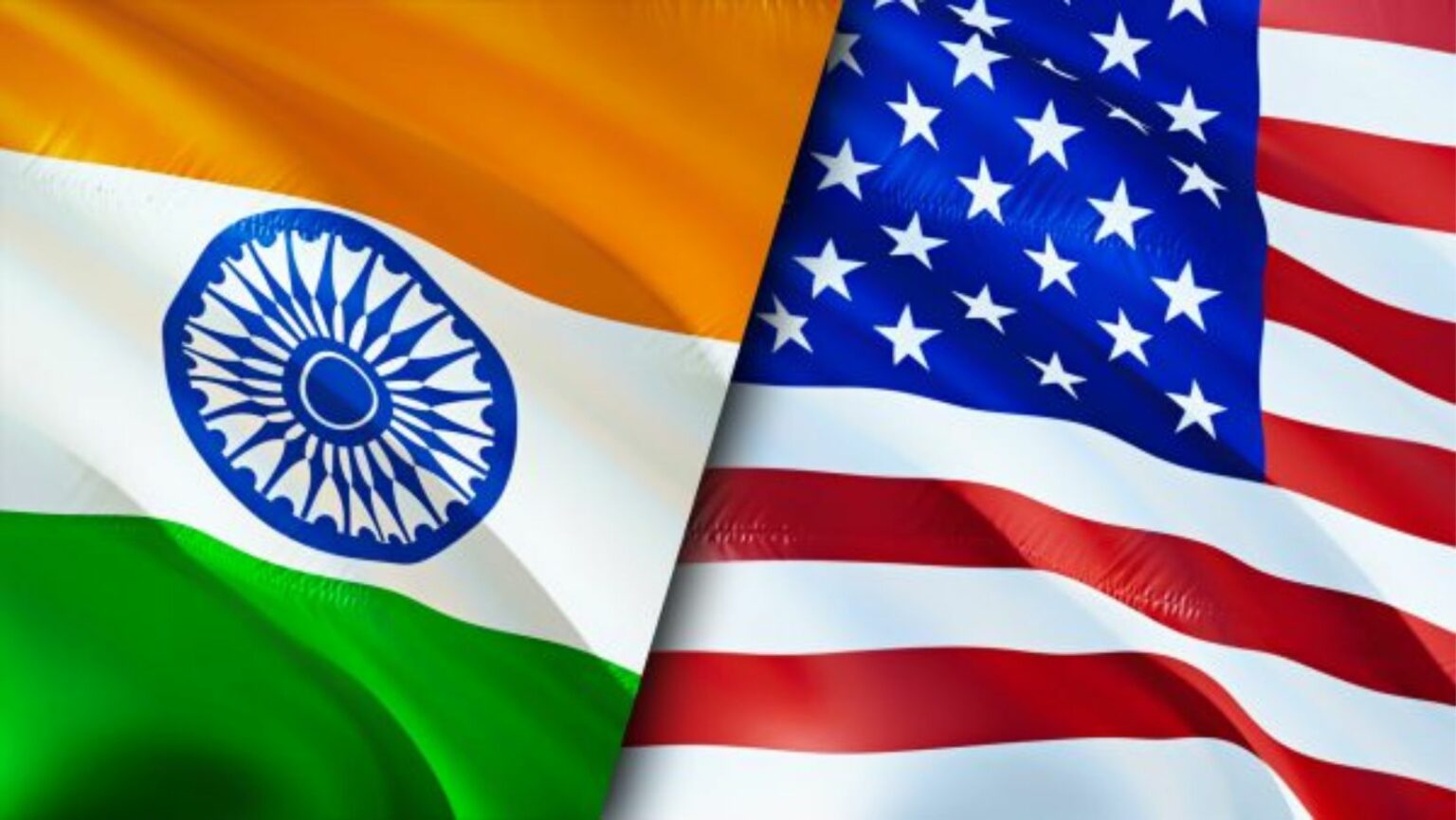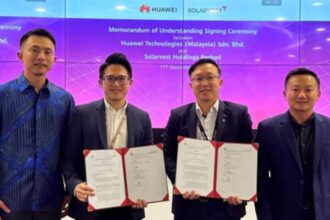On the global stage, there are moments that mark an evolution in the balance of power. Such a moment recently occurred when the US President Joe Biden welcomed Indian Prime Minister Narendra Modi to the White House, symbolizing a significant evolution in US-India relations. The nations unveiled a suite of deals across defense and commerce designed to establish a strategic counterbalance against China’s rising influence.
During a state dinner, Biden raised a toast to the friendship between the “two great nations, two great friends, and two great powers.” Modi reciprocated the sentiment, praising Biden’s soft-spoken nature and resolute actions. This camaraderie serves to strengthen the bond between the two nations as they navigate an increasingly complex global landscape, where formal alliances are giving way to strategic partnerships.
Also Read: Cyber Accountability Showdown: Malaysia Targets Meta Over ‘Undesirable’ Content
While the US and India are not officially treaty-bound allies, Washington sees New Delhi as a strategic counterweight to Beijing’s global ambitions. Both leaders indirectly addressed the growing concerns over China’s actions in the Indo-Pacific region during their official statements. Modi’s comment on the “dark clouds of coercion and confrontation” casting a shadow in the Indo-Pacific indicated the increased strategic significance of their partnership.
Following private talks lasting over two hours, Biden and Modi released a joint statement cautioning against rising tensions and destabilizing actions in the East and South China Sea. They emphasized the importance of adhering to international law and preserving freedom of navigation. Both leaders recognized the shared responsibility their nations bear in the face of the world’s emerging challenges.
The state dinner, served with a subtle Indian flavor, included an impressive lineup of Silicon Valley titans like Apple’s Tim Cook, Google’s Sundar Pichai, 23andMe’s Anne Wojcicki, and OpenAI’s Sam Altman. It served as a testament to the intertwined nature of the US and Indian economies.
During his visit, Modi aimed to elevate India’s global status as a manufacturing and diplomatic powerhouse amidst strained ties with China. The Indian prime minister, in an unusual move, participated in a White House press conference, his first in his nine-year tenure.
Modi’s visit was marked by controversy as some liberal lawmakers boycotted his speech to Congress, citing his government’s treatment of India’s Muslim minority. On the other hand, enthusiastic supporters cheered on Modi, highlighting the polarized opinions surrounding his visit.
Despite these challenges, the two leaders unveiled agreements on semiconductors, critical minerals, technology, space cooperation, and defense. These agreements aim to diversify supply chains, reduce dependence on China, and secure a competitive edge in advanced technologies, reflecting the strategic significance of the US-India partnership.
This report is based on a story published by Malay Mail.
















